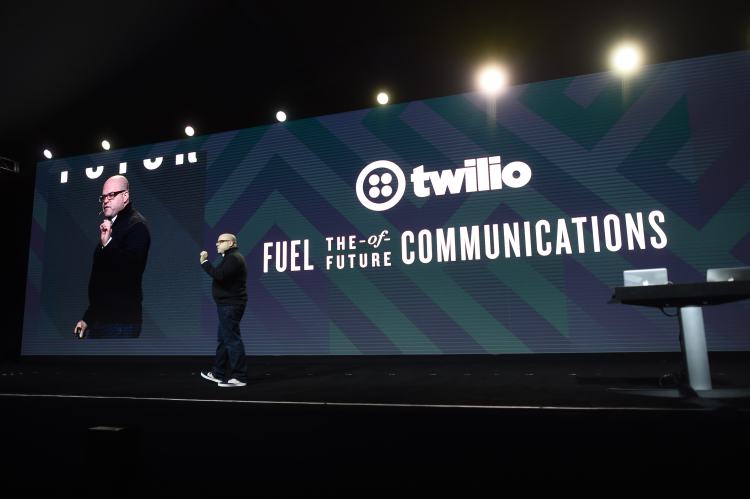Twilio is making further investments in its WebRTC capabilities, announcing on Tuesday that it has entered into an agreement to acquire the team behind the Kurento Open Source Project and its WebRTC media processing technology. Financial terms were not disclosed, but Twilio said Kurento’s team will be tasked with furthering development of “advanced video in web and mobile applications.”
This announcement comes the same day Twilio introduces video insights for developers.
The deal with Kurento marks the second acquisition Twilio has made in its history, including its purchase of secure authentication startup Authy in 2015. The cloud communication platform provider plans to integrate Kurento’s media server capabilities into its programmable video service. This move will bring transcoding, recording, and advanced media processing into the fold so developers can build more robust video applications for consumers and the enterprise. It will also support new mediums like augmented reality, computer vision, robotics, and the Internet of Things.
“As Twilio takes another step on our mission to fuel the future of communications by enabling developers, we’re excited to join forces with the builders of Kurento to extend the uses of our video platform,” Twilio chief executive Jeff Lawson said in a statement. The company hopes that the addition of advanced WebRTC media technology to its video service will provide API access for real-time media processing, thereby reducing the cost and technical expertise needed.
Created by open-source development firm Tikal Technologies, Kurento is a project that provides developers with a toolkit for group communication. The team’s vision was “to democratize multimedia technologies, helping all developers to include advanced multimedia capabilities into their [web] and smartphone applications in a simple, direct, and fast manner.”
Work on Kurento started in 2010 at Rey Juan Carlos University in Madrid, following increased demand from large research projects with advanced real-time communication needs. Translated from Esperanto into English, Kurento means “stream,” a name creators felt expressed what the multimedia community needed: simplicity, openness, and universality.
“When we started the Kurento project, we wanted to create a powerful media processing engine built for the world of WebRTC. We knew it would only be successful if we delivered this capability as a cloud service and gave it to developers through a simple and well-built API,” said Luis Lopez, Kurento’s cofounder and CEO. “Twilio has one of the best sets of APIs, and joining forces with their team enables us to complete this vision and bring our work to Twilio’s million plus registered developer accounts.”
Kurento will continue to be open-sourced, with Tikal Technologies maintaining the project and managing contributions from the community. Twilio said it will stabilize Kurento’s core functionality so that it continues to be compatible with all major WebRTC-compatible browsers.
Although Twilio declined to state financial terms of the deal, the company did disclose that it does not believe the deal will have “a material impact” on its earnings and that it has no plans update its 2016 guidance.
In related news, the company said it will be opening a new office in Kurento’s hometown of Madrid, Spain. This will be Twilio’s 11th office, joining San Francisco, Bogota, Dublin, Hong Kong, London, Mountain View, Munich, New York City, Singapore, and Tallinn.


